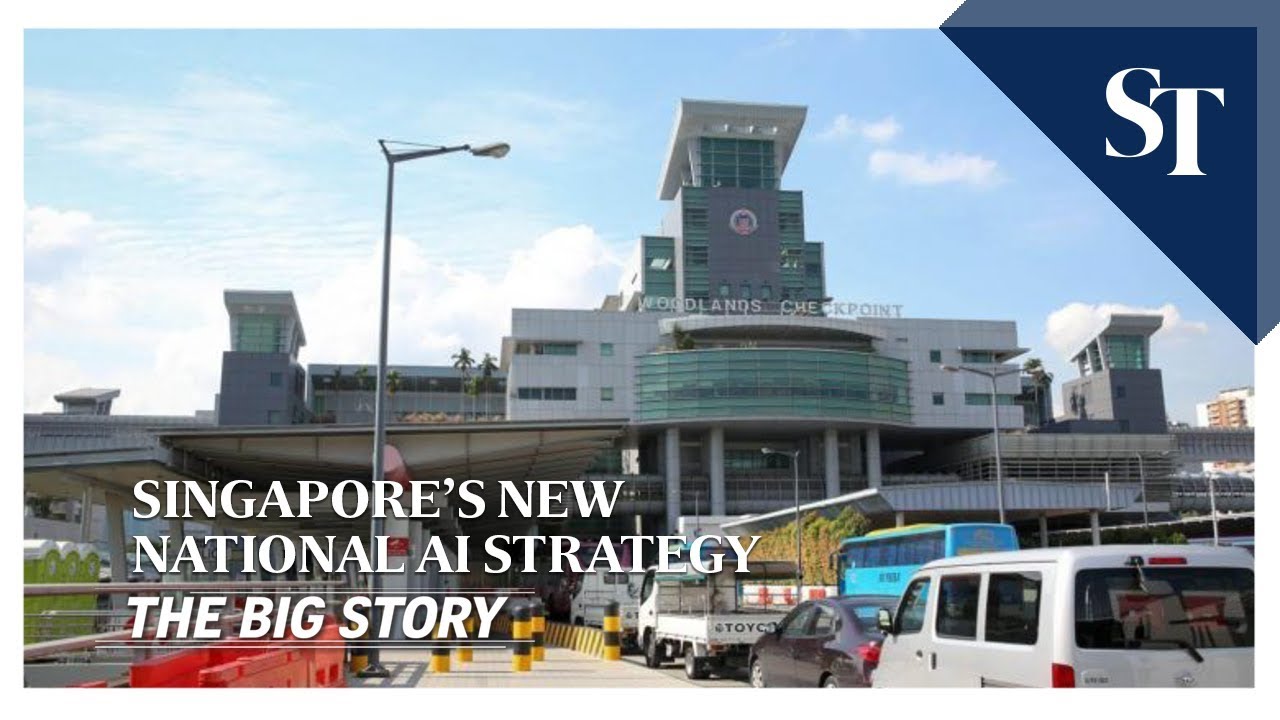Security clearance at all immigration checkpoints in Singapore will be fully automated with fingerprint, facial and iris scans by 2025, as part of the nation’s plan to harness artificial intelligence (AI) technologies to deliver social and economic benefits.
Border security is one of five key national AI projects announced yesterday. The projects are part of Singapore’s new national AI strategy unveiled by Deputy Prime Minister Heng Swee Keat.
Speaking at the Singapore FinTech Festival and Singapore Week of Innovation and Technology conference, he said: “Countries will need to keep pace with technology, and harness it to tackle common challenges and national priorities.”
Apart from border security, the other four AI projects announced are in transport and logistics; healthcare; education; and estate management, said the Smart Nation and Digital Government Office.
The five projects were chosen as they can deliver quick results, and have a high social and economic impact.
Using AI at the borders, for instance, will mean a faster and more seamless experience for travellers when clearing immigration checks. The process will also reduce human error and allow immigration officers working at manned counters to concentrate on higher-value work, such as focusing on visitors who may require closer scrutiny.
The fully automated system at Changi Airport Terminal 4, for example, which uses a facial recognition system that captures a passenger’s photo at different stations, was reported to achieve manpower and efficiency savings of up to 20 per cent.
For the healthcare project, an AI system dubbed Selena+ will be deployed across Singapore by 2022 to help detect eye conditions, including diabetic eye disease, more quickly and accurately.
Speaking about the healthcare project, Mr Heng said there is “great potential for AI to be applied to the prediction, detection and management of chronic diseases” as many senior citizens may be unaware of their medical conditions.
“AI can be used to analyse clinical and genomic data, medical images, and health behaviours to better assess the risk profile of individual patients – for better prevention and case management,” he said.
A new National AI Office has also been created under the Smart Nation and Digital Government Office to set priorities and help build a pipeline of AI talent. The new office, comprising mainly redeployed public officers, will also facilitate the commercialisation of AI research and act as a link between the private and public sectors.
The announcements signal the importance the nation is putting on AI, which has disrupted and transformed lives across many sectors.
Singapore has committed over $500 million to digital technologies including AI under the Research, Innovation and Enterprise 2020 plan. To boost AI talent here, Singapore also aims to train 25,000 professionals in basic AI coding and implementation by 2025.
In January, Singapore also released a framework, believed to be Asia’s first, on how AI can be ethically and responsibly used.
Calling Singapore a “global thought leader” on AI ethics and governance, Mr Andreas Ebert, Microsoft’s worldwide national technology officer, said: “The publication of the National AI Strategy is evidence that Singapore is taking a holistic and inclusive approach on how the nation can be a fast adopter of best-in-class technology that is empowered by a focus on building national capabilities.”
Source: Read Full Article
